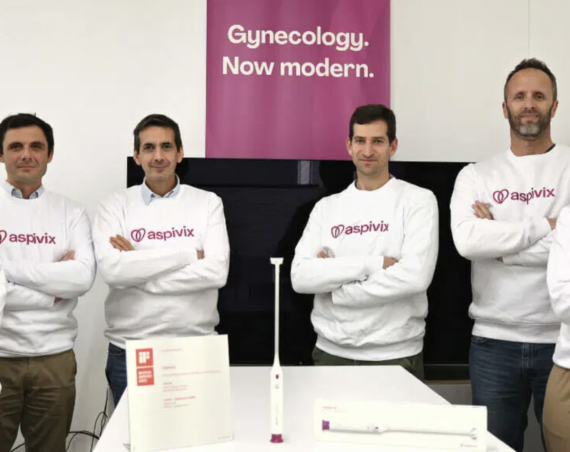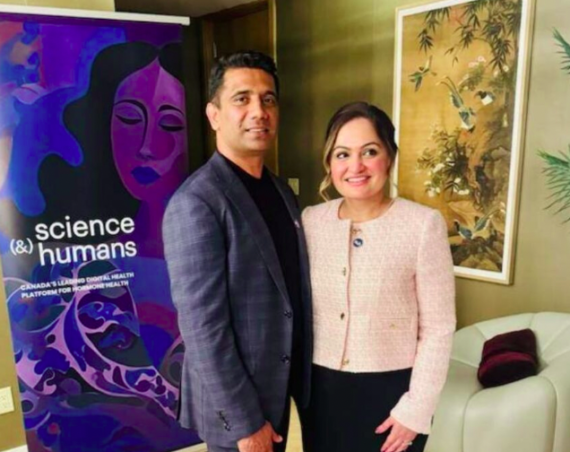
GE HealthCare has announced a new collaboration with the University of California San Diego School of Medicine to enhance imaging techniques for diagnosing and managing female pelvic diseases, such as endometriosis and ovarian cancer. This partnership, which will be conducted through the Center for Translational Imaging and Precision Medicine (CTIPM) at UC San Diego, aims to develop advanced magnetic resonance imaging (MRI) protocols and educational materials to improve women’s healthcare.
The project, led by Dr. Rebecca Rakow-Penner, Associate Professor of Radiology and Bioengineering at UC San Diego, seeks to address a significant gap in medical research and care for women’s pelvic health. The collaboration is expected to result in improved diagnostic tools and increased access to quality pelvic care for women, ultimately leading to more informed clinical decisions and better patient outcomes.
Pelvic diseases and conditions in female patients are often understudied, misdiagnosed, and inadequately treated, leading to significant physical and economic burdens. In the U.S., pelvic pain alone accounts for about 20% of outpatient appointments in secondary care for women and generates approximately $882 million in outpatient management costs annually.
“We aim to democratize advanced imaging for women and increase access to high-quality care in the San Diego community and beyond,” said Dr. Rakow-Penner. “Women’s care requires a personalized approach, and we hope to advance care solutions by improving the diagnosis and management of female pelvic conditions, both benign and malignant.”
The collaboration will also focus on creating training and educational materials to accompany the new MRI protocols, potentially making these resources available to GE HealthCare MRI users worldwide. This initiative is seen as a step toward standardizing the use of advanced imaging techniques in women’s healthcare, which could lead to broader adoption and improved diagnostic practices.
“Diseases and conditions impacting female patients below the belly button are often misdiagnosed, misunderstood, and understudied in our industry,” stated Erin Angel, GE HealthCare Global Vice President, Research and Scientific Affairs. “We believe this project can help bridge an important gap in women’s healthcare and increase access to innovative solutions for women around the world.”



